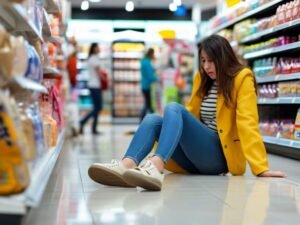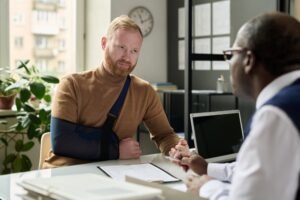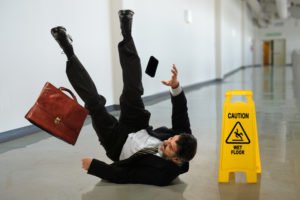
Yes, a slip and fall is a type of personal injury. It covers situations where someone else fails to maintain their property in a safe condition, resulting in your injury. Some slip and fall accidents can result in minor harm, but others leave you with an excruciating and even permanent injury.
The good news is that you may bring a personal injury lawsuit to recover. A Lafayette slip and fall injury lawyer can help you get fair compensation for your losses. Your attorney will review your options for compensation and guide you through the legal process.
What Is Personal Injury?
Personal injury is a legal term that refers to any physical, emotional, or mental harm caused to a person because of someone else’s actions or failure to act with proper care. This can occur in various ways, including a slip and fall incident at a store.
When someone is injured in this manner, the law grants them the right to file a personal injury claim. This claim enables the injured person to seek compensation for their losses. Personal injury law is designed to protect people by holding those responsible for causing harm to account. It also helps people who are injured get the support they need to heal.
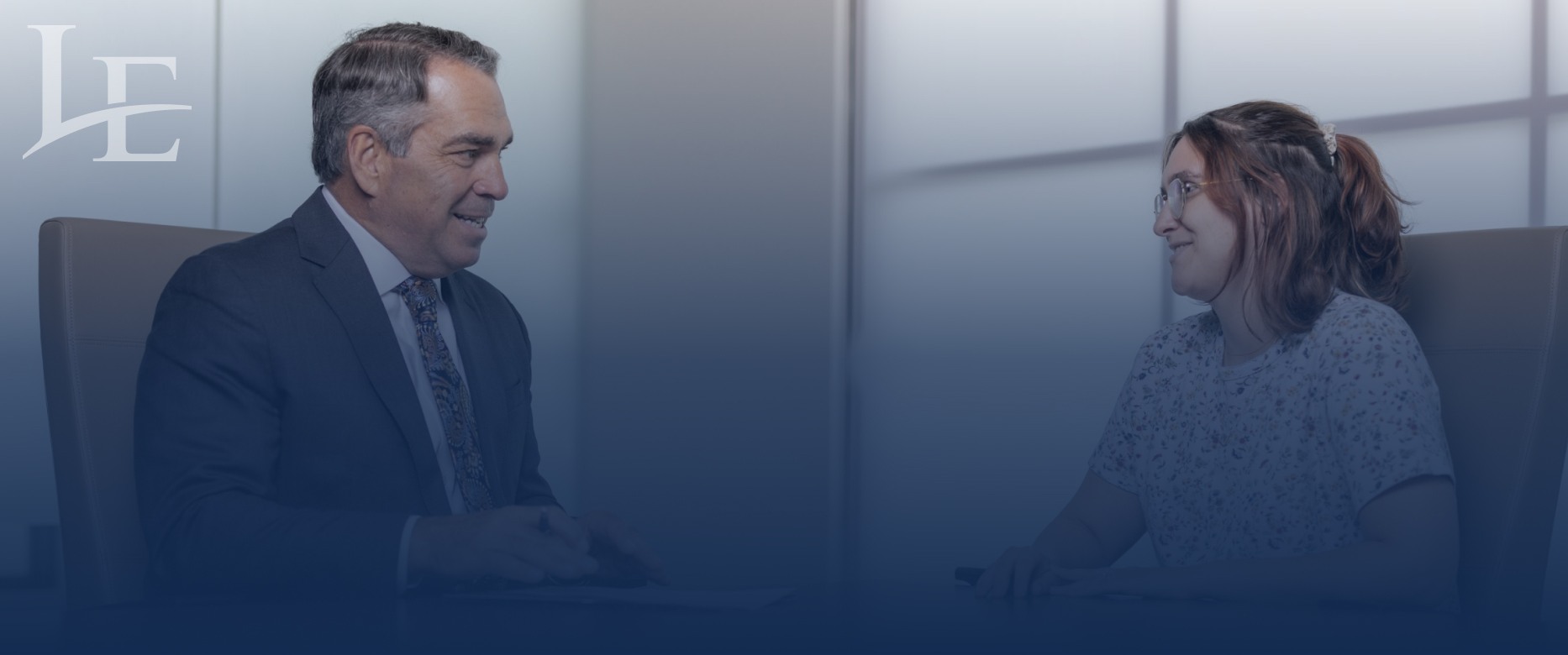
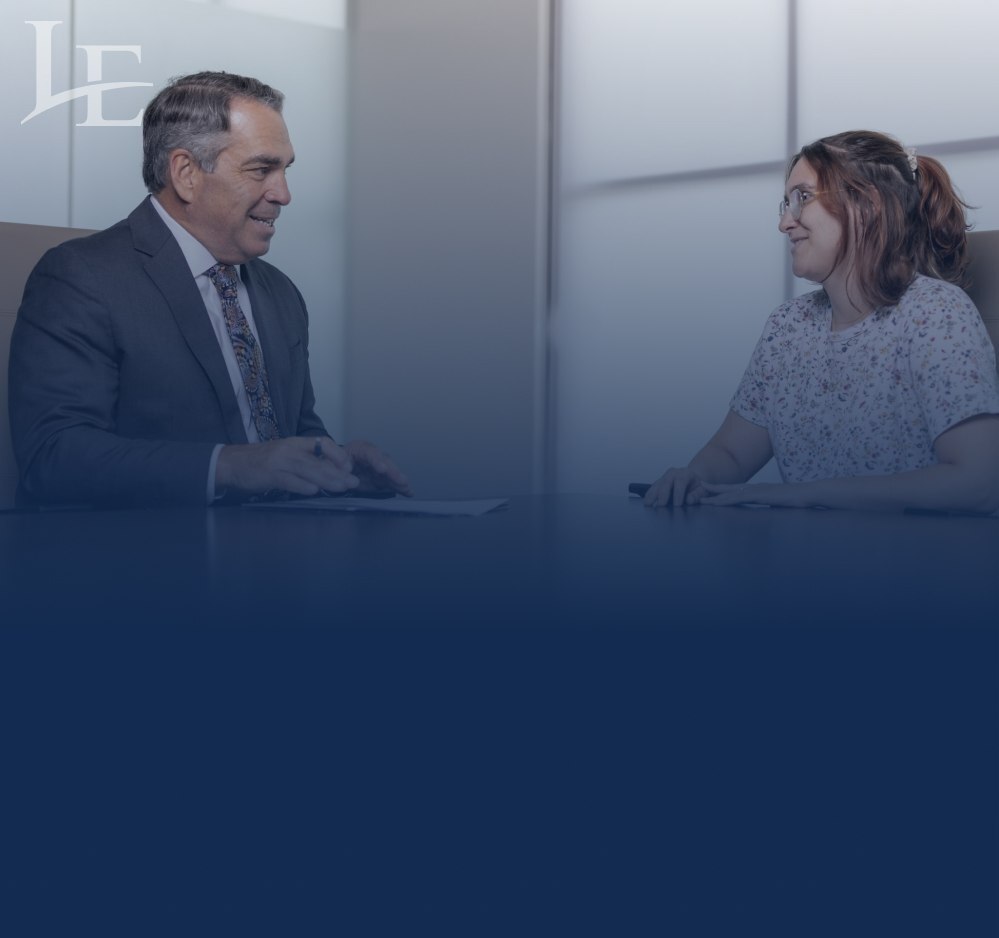
Laborde Earles injury was great for me they took care of me very fast and professional. If for any reason I need legal help they will be who I use.
ClientDo You Have a Valid Personal Injury Case After Your Slip and Fall Accident?
If you slipped and fell and got hurt, you might have a valid personal injury claim, but it depends on a few key factors. To have a strong case, you need to show that the property owner or manager was careless and that their actions (or lack of action) caused your fall.
For example, if there was a wet floor with no warning sign or a broken step that had not been fixed, and you fell as a result, the owner may be liable. You also need to demonstrate that you were not acting recklessly at the time of the accident. A Lafayette personal injury lawyer will help.
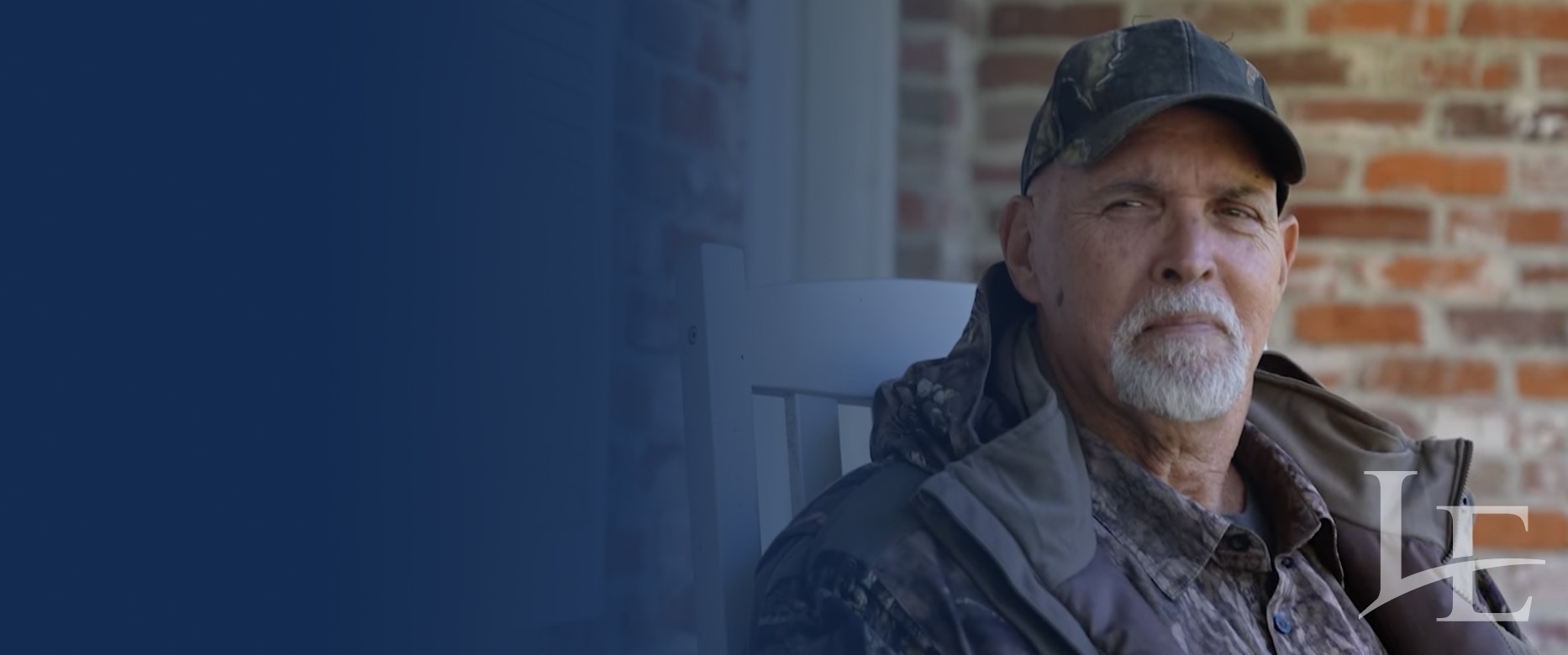
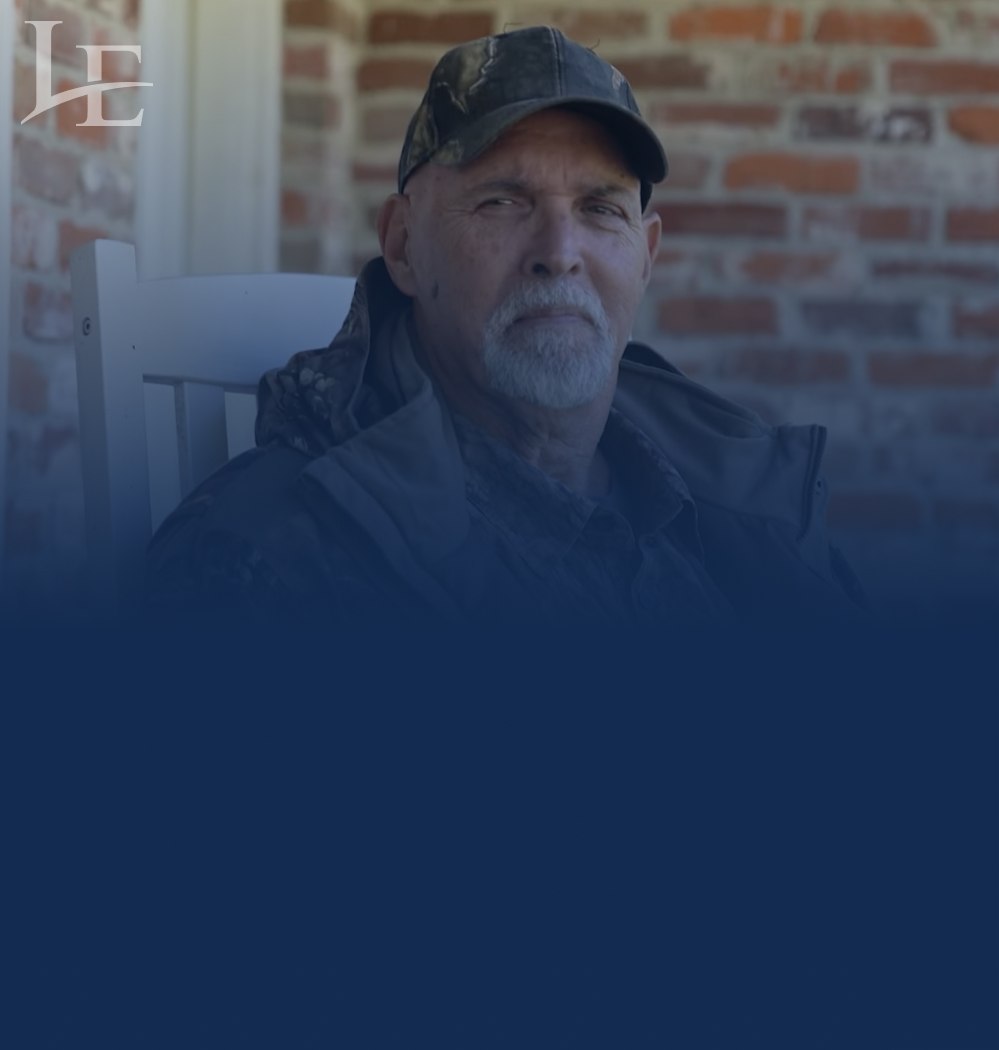
I thank God for Digger & David. I don’t know what we would have done if it hadn’t have been for them.
Rick Smith | ClientHow to Prove Negligence in a Slip and Fall Accident
Negligence refers to a property owner’s failure to exercise reasonable care in maintaining their premises in a safe condition. In personal injury law, this means the owner failed to fix, clean, or warn about a dangerous condition that they knew about or should have been aware of.
If you slip, fall, and get hurt due to this carelessness, the owner may be held liable. To prove negligence, you must show that the hazard existed, the owner had time to fix it, and the injury happened as a result.
To prove negligence for your slip and fall accident, your attorney will focus on the following main elements:
- Duty of care: The property owner had a legal responsibility to maintain a safe environment for visitors. This means taking reasonable steps to prevent hazards that could cause harm.
- Breach of duty: The property owner failed to meet this responsibility. Examples include failing to clean up a spill, neglecting to repair broken flooring, or not posting warning signs about a known hazard.
- Causation: There must be a direct link between the property owner’s failure and your accident. In other words, the unsafe condition caused your slip and fall, not some other unrelated factor.
- Damages: You suffered actual harm as a result of the fall. This can include medical bills, lost wages, pain and suffering, or other measurable losses related to your injury.
Establishing negligence in a personal injury case after a slip and fall is the legal foundation for holding someone accountable for your injuries. Without proving negligence, you cannot recover compensation. It shows that the property owner or responsible party failed to act with reasonable care and that this failure directly caused your accident.
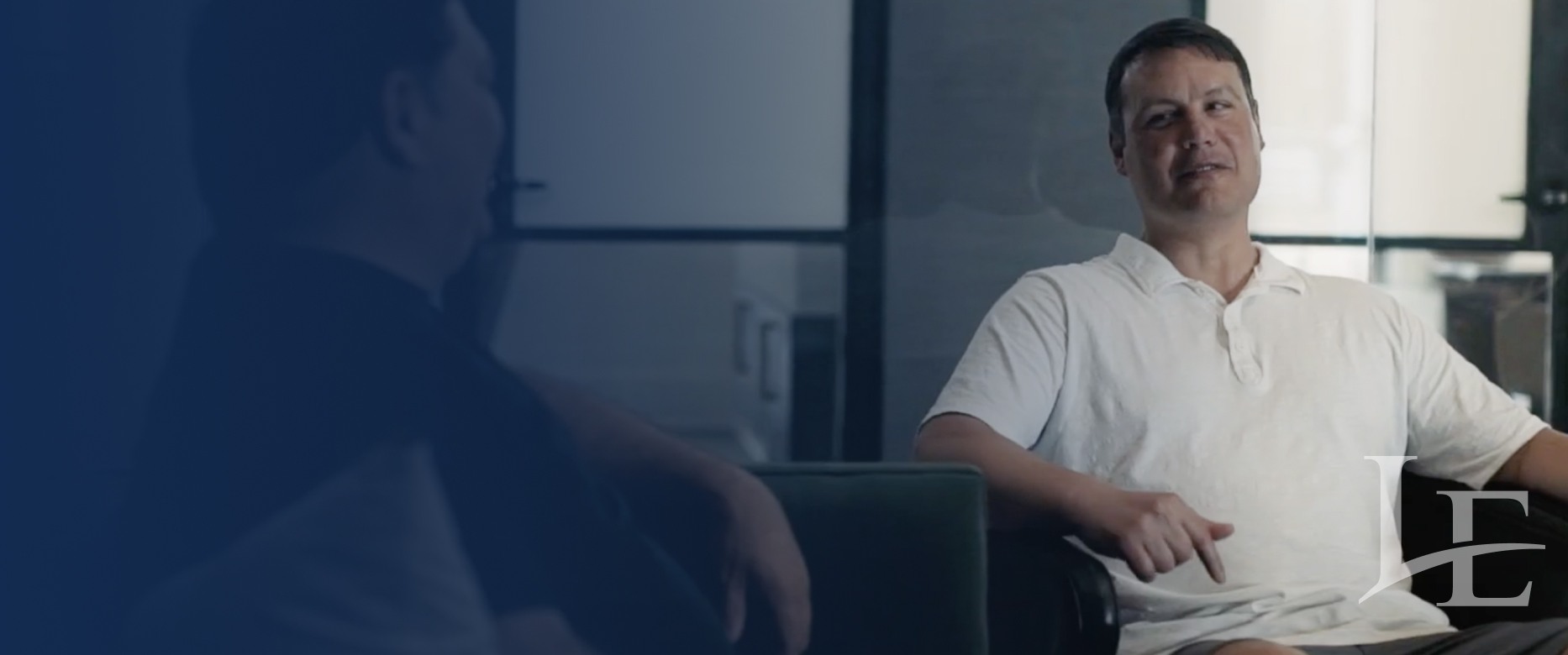
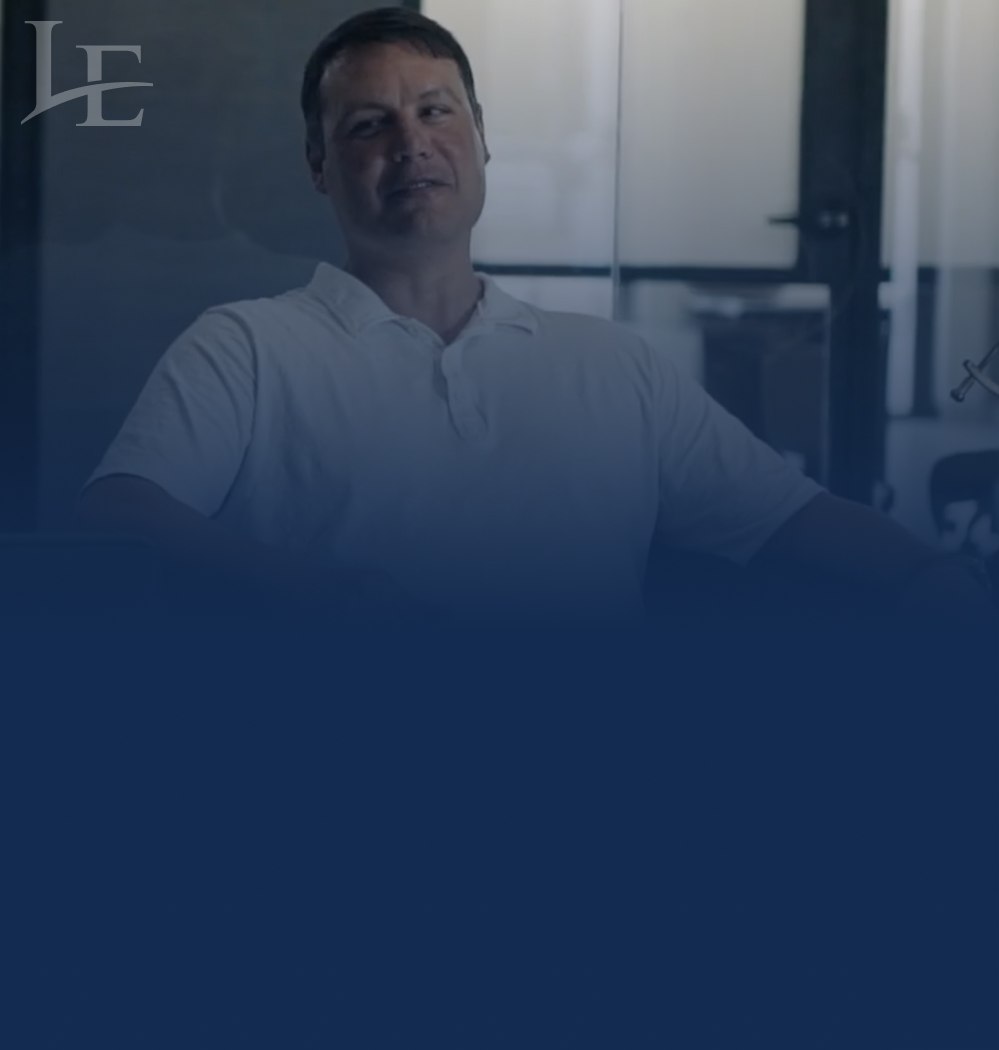
The reassurance from Digger and his staff gave me that renewed hope that it’s going to be okay down the road.
ClientPossible Responsible Parties in a Slip and Fall Case
When you file your case, you must show who the liable party was and how they failed to maintain the premises adequately.
Merchants
If your slip and fall accident took place at a business, RS 9:2800.6 requires you to show that:
- The condition that caused you to slip and fall, like spilled liquid, posed an unreasonable risk of harm.
- The merchant created the situation and had actual notice or constructive notice of the danger before you were hurt.
- The merchant failed to use reasonable care to fix or warn against the condition.
A complex issue that often comes up in these cases is constructive notice. To prove the merchant had constructive notice, you must show that the dangerous condition existed for a long enough period that they should have discovered it if they were acting reasonably. However, it can be challenging to determine how long the liquid has been sitting on a supermarket floor.
Government Agencies
Many slip and fall accidents occur on publicly owned property, such as sidewalks and government buildings. There is a different set of elements that you will need to prove in order to win a slip and fall case against the government, according to RS 9:2800. For example, you must show that the government had custody or ownership of the place where the injury took place.
Private Property Owners
In general, you will need to show that the property owner created the condition, knew or should have known it existed, and that it was still dangerous when the plaintiff was injured. If you are not sure about which standard applies to your case, consult a Lafayette slip and fall lawyer about your potential case.
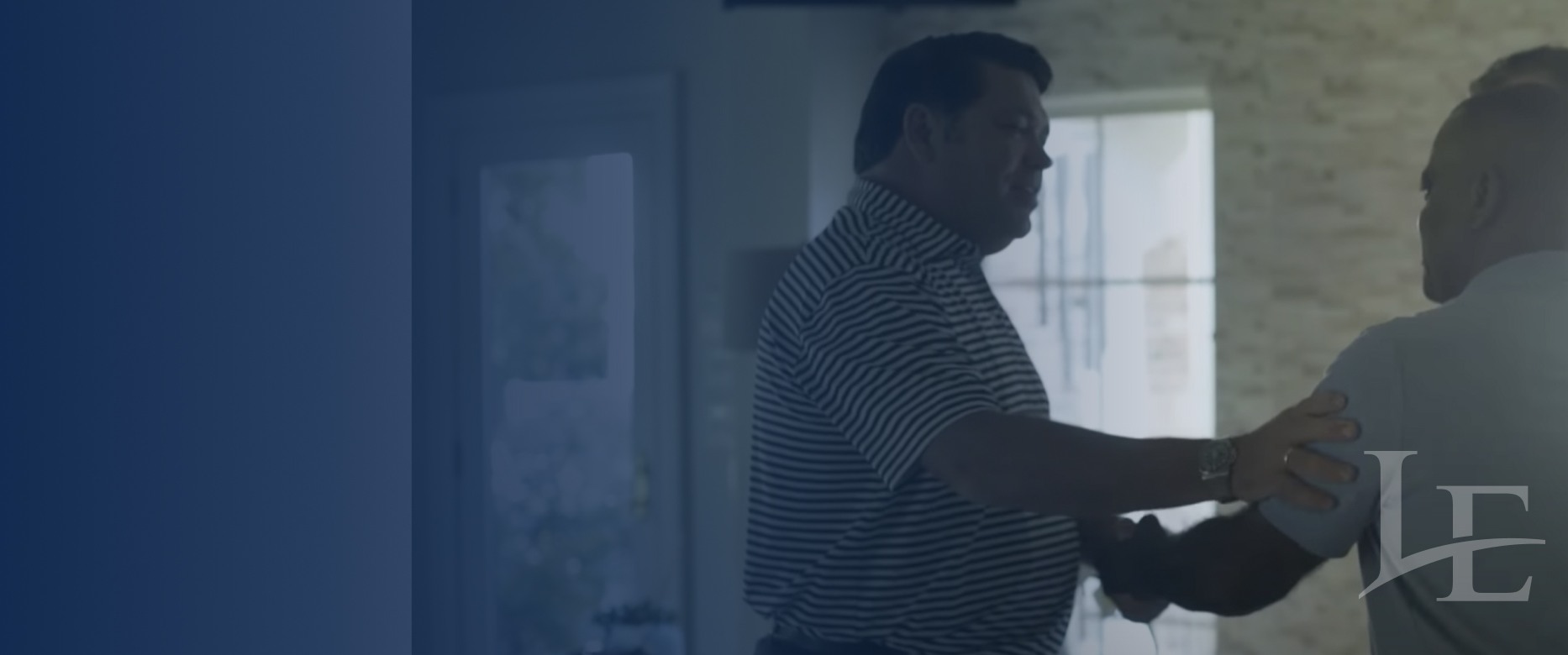
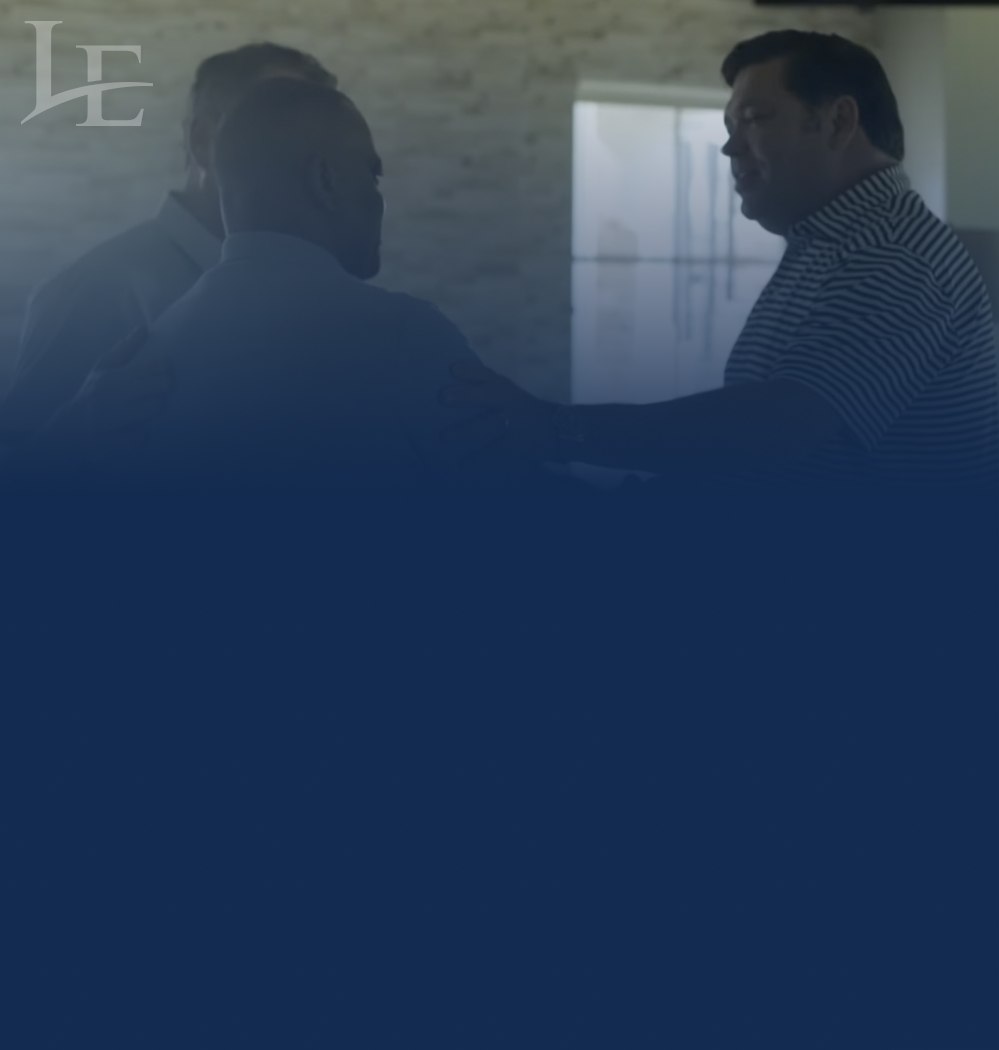
They treated us like no other people would. Whenever we needed something they were there for us. I put my trust in them and I don’t regret it.
ClientGathering Evidence Is Critical to Your Personal Injury Case
Because it is so important to prove each element, you will need to gather a sufficient amount of evidence to support your case. There are many factors to consider in a slip and fall lawsuit, and they usually involve proving the period that the dangerous condition existed before your accident.
It may seem impossible to piece this information together. However, there are a few ways that your lawyer can make sure you identify as much helpful evidence as possible.
Many businesses and government entities keep maintenance records, for example, or receive complaints about dangerous conditions on the property. Any prior accidents involving the same condition would also indicate that the property owner had actual knowledge of the hazardous condition.
Damages for Slip and Fall Victims
If you can meet the required standard in your case, you will be allowed to offer evidence showing the damages that you have suffered as a result of the slip and fall accident. A catastrophic injury lawyer in Lafayette understands the long-term impact of your severe injuries.
You should start keeping records now so that you can receive the full amount of compensation. This documentation may include receipts, invoices, bank account statements, and more. In general, you are entitled to receive compensation for any expenses that are a direct and foreseeable result of the accident. Some common examples include:
- Emergency vehicle transportation fees
- Emergency room charges
- Surgeries
- Hospitalizations
- Medications
- Physical therapy
- Lost wages
- Reduced earning capacity
- Diminished quality of life
- Pain and suffering
- Disfigurement
These are just a few examples. There may be other types of damages that you may receive. After reviewing the unique details of your case, a slip and fall accident attorney will tell you more about the damages you can collect.
Talk to an Experienced Slip and Fall Injury Lawyer
If you were injured in a slip and fall accident, you may have a valid personal injury case. At our personal injury law firm, we have over 350 years of combined legal experience assisting injury victims like you. Let us guide you through the legal process and help you recover.
Laborde Earles offers a free consultation that allows you to learn more about your situation and whether you can pursue financial recovery. You have nothing to lose by speaking with us, and there is no obligation to continue after the consultation is over.
